
 « back
« back
 « back
« back
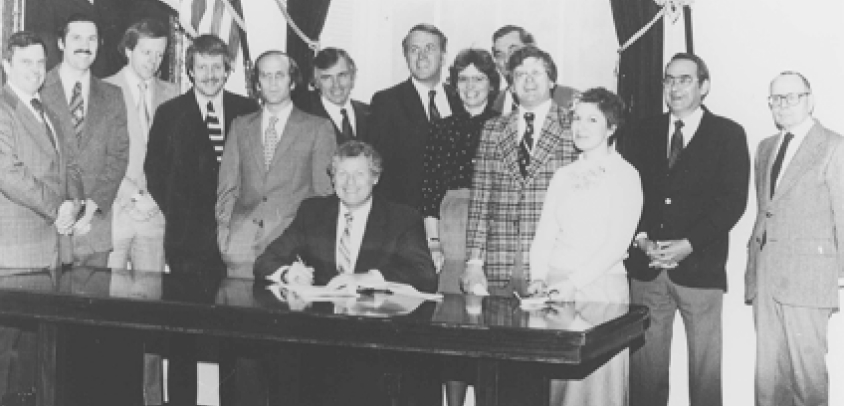
Vermont Governor Richard Snelling signs legislation giving employers interested in establishing captives the first highly attractive domestic domicile. Under the new law, the Special Insurer Act of 1981, captive parents do not have to prove that insurance is not available in traditional markets, as is the case in other domestic domiciles. Rate and form regulatory approval are also not required.

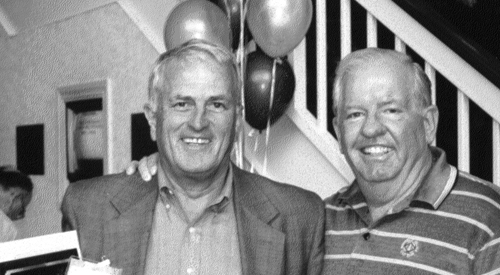
Vermont’s landmark captive legislation is introduced by then Commissioner of the Department of Banking & Insurance, George Chaffee (on left). George also became president and founding board member of the Vermont Insurance Institute at Champlain College and the founding director of the Vermont Captive Insurance Association.

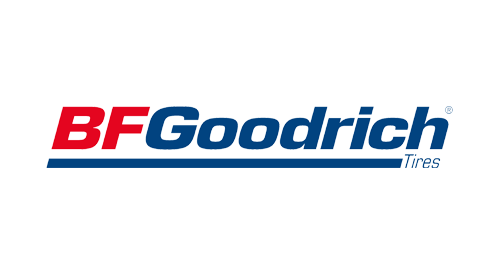
September 10, 1981—Vermont Department of Banking & Insurance (which is now known as Vermont Department of Financial Regulation) licenses its first captive, First Charter Insurance Company, formed by tire manufacturer B.F. Goodrich Company, to reinsure property risks. First Charter Insurance is still active today.
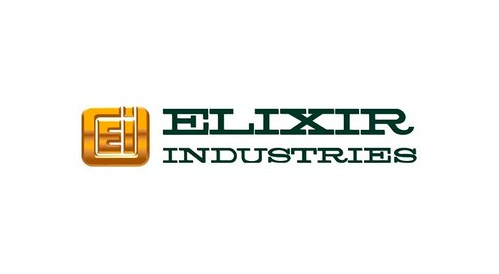
Elixir Industries, a mobile home component manufacturer out of Gardena, California, becomes the first company to transfer risk from an existing captive to its new Vermont captive.

Vermont licenses its first industrial insured captive.

Vermont licenses its first association, National Telecom Corporation, which remains active in Vermont today.



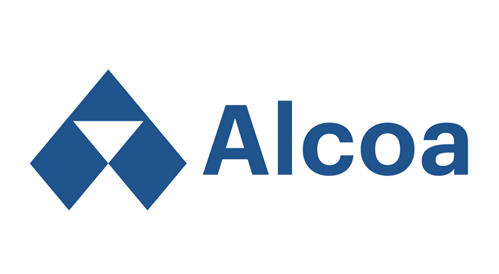
April 13, 1983—Aluminum producer giant, Alcoa Inc., becomes first Fortune 100 company to set up a Vermont captive.



June 24, 1985—Vermont, with 28 captives, overtakes Colorado for the first time to become the largest U.S. domicile for the first time.


The Vermont Captive Insurance Association (VCIA) is formed.
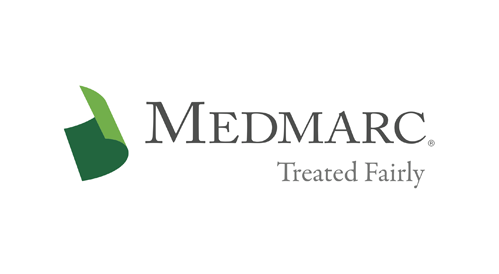
MEDMARC Ltd., a Bermuda-based reinsurer of product liability coverage for medical equipment manufacturers, becomes the first captive to come onshore to Vermont as a Risk Retention Group (RRG).



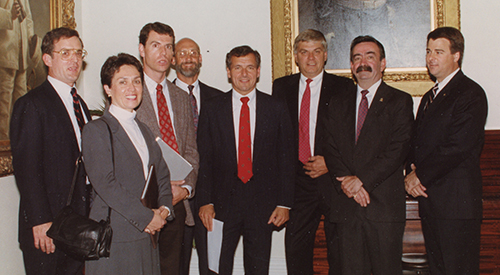
“Ed (standing second from right) was one of the first people who worked to make Vermont the gold standard of domiciles. His legacy of dedication and professionalism continues to provide valued contributions to Vermont’s economic prosperity and will be felt for generations to come.” —Vermont Gov. Peter Shumlin

Legislation is enacted, earmarking a portion of premium taxes paid to Vermont. These premium taxes are to be used exclusively for captive regulation to maintain quality regulatory oversight (The Gold Standard).


August 27, 1987—ICI Mutual Insurance Company, a Risk Retention Group becomes the 100th captive to become licensed in Vermont and is still licensed in Vermont to this day.




Diane, current Director of Education and Programs at VCIA, began her VCIA journey in 1987, as VCIA’s first official hire! As the Executive Director, she ran the organization from her home office and garage in Stowe, Vermont.

 Legislation is passed that allows captives to directly write excess workers’ compensation risks.
Legislation is passed that allows captives to directly write excess workers’ compensation risks.



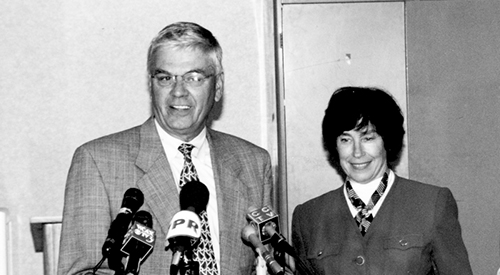
For more than 30 years Crouse is a nationally recognized leader in insurance regulation and is credited as a key figure in advancing the captive insurance industry both nationally and in Vermont.

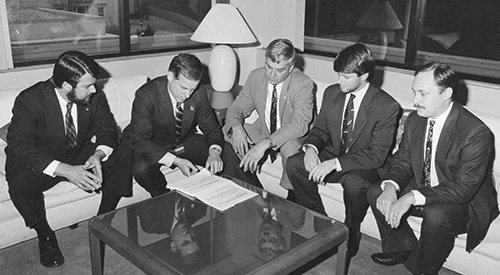 Legislation is passed to reduce Vermont captive premium taxes.
Legislation is passed to reduce Vermont captive premium taxes.
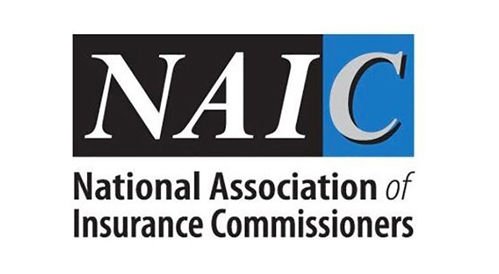
To ensure consistent regulation of RRGs from state to state, the National Association of Insurance Commissioners (NAIC) adds RRGs to the Accreditation Program. Vermont becomes accredited.
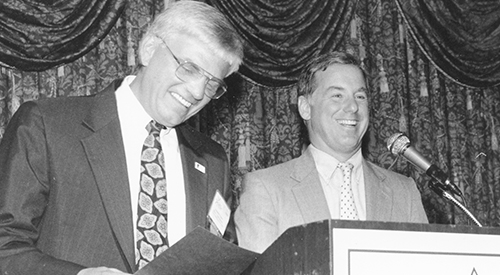

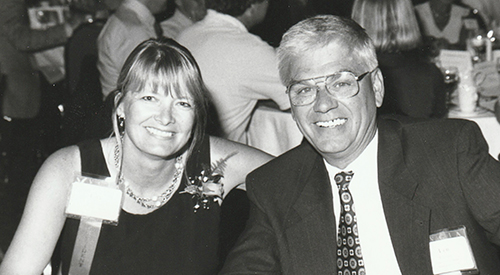
Ventriss represents the industry and its strategic partners as it grows into the largest domestic and third-largest captive domicile in the world. The hallmark of her contributions is in laying the foundation for what has become the industry’s leading educational organization, the International Center for Captive Insurance Education (ICCIE).

Vermont passes legislation that allows the formation of Protected Cell Captives.
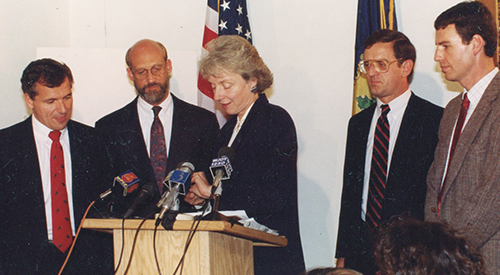

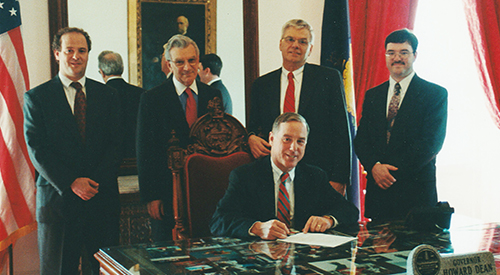
Vermont licenses its first Branch Captive.

Vermont licenses its first Sponsored Cell Captive, MGIC Reinsurance Corporation of Vermont which remains active in Vermont today.
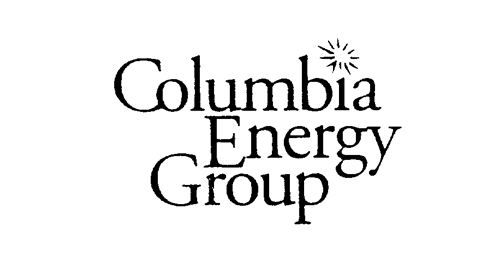
Columbia Energy Group wins U.S. Labor Department approval to fund employee benefit risks through its Vermont Branch Captive, setting the stage for other employers to do the same.



Peter Turner Insurance Company, a captive sponsored by the Roman Catholic Diocese of Brooklyn, N.Y., becomes the 500th captive to be licensed by Vermont regulators.



Vermont overtakes Guernsey to become the world’s third-largest captive domicile, behind Bermuda and the Cayman Islands.


February 2002—VCIA and the State of Vermont host the first of their Road Shows in NYC extolling the virtues of captive insurance, these Road Shows were hosted throughout the U.S., with nearly 60 Road Shows hosted since then.
Vermont licenses a record 70 new captives in 2002 and 77 in 2003, following the hardening market resulting from the September 11, 2001, terrorist attacks.
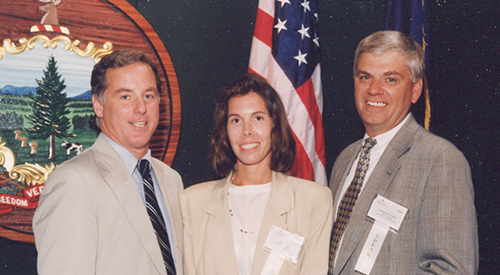
BISHCA (formerly B&I) is reorganized and a separate Captive Insurance Division is created; Len Crouse is appointed first Deputy Commissioner of the Captive Insurance Division.

The captive premium tax is capped at $200,000 per year and is still in effect today.



August 2004—The International Center for Captive Insurance Education (ICCIE), created by the VCIA, is officially launched to develop a pool of qualified captive insurance professionals through a comprehensive education program.
The efforts of the IRS Coalition, led by VCIA and Captive Insurance Companies Association (CICA), helps roll back proposals from the IRS that limited insurance tax treatment of captive insurance companies.



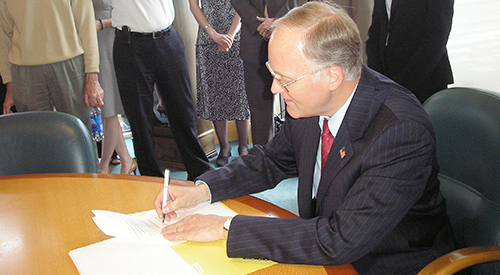
Vermont passes legislation that allows the formation of Special Purpose Financial Insurance Companies (SPFI) and licenses its first one on October 18, 2007, Northwind Reinsurance Company.

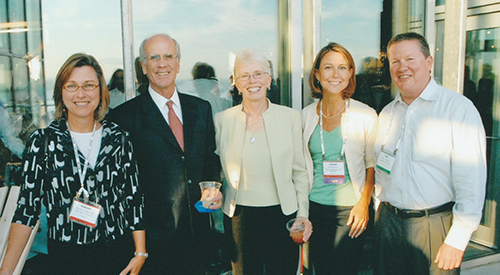
August 2007—VCIA’s August Annual Conference draws record-breaking attendance, nearing 1,400 attendees.

December 7, 2007—Vermont licenses its first Sponsored SPFI, Metlife Reinsurance Company of Vermont, which remains active today.


David Provost is appointed Deputy Commissioner of the Captive Insurance Division, the third to lead the division in 40 years, highlighting the incredible continuity at the top of the division over the years.




Richard Smith becomes VCIA’s President after a long history of public service to the State of Vermont, including seven years as Vermont’s Deputy Commissioner for the Vermont Department of Economic Development.

Act 21 makes a first-year $7,500 tax credit for new formations.

A new law allows companies to meet minimum capital and surplus requirements through the creation of a trust, approved by the Commissioner, giving captives more flexibility.

Vermont passes legislation that allows the formation of Incorporated Protected Cells.

Act 29 allows an Association or Pure Captive to establish one or more separate accounts within the captive, much like what is currently utilized by traditional life insurers.

Vermont wins U.S. Captive Review’s Domicile of the Year for domiciles having written over $5 billion in gross written premium. This is the first time Vermont has won this award.
Cassatt Insurance Group Inc. becomes the 1000th captive licensed in Vermont.

April 14, 2014—Vermont passes legislation that allows for the dormancy of captive insurance companies as an alternative to dissolution and ensures a smooth transition back to active status.

Act 20 enables captives to satisfy minimum capital requirements with marketable securities, reduces capital requirements for cell company structures from $500K to $250K, and improves cost-effectiveness to be more competitive with other domiciles, without reducing premium taxes or adding risk to the system.



Act 74 allows Sponsored Captives and Association Captives to report on a fiscal year-end in alignment with the parent’s reporting year-end.

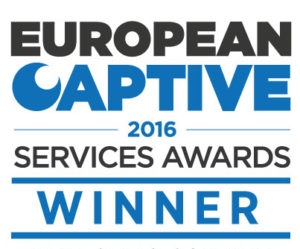
November 8, 2016—Vermont wins the Non-European Union Domicile of the Year Award at the first European Captive Services Award Ceremony. This award is given to the top captive insurance domiciles, outside the European Union, that have outperformed their competitors and demonstrated the highest levels of excellence in the captive insurance industry in servicing the European marketplace.



June 8, 2017 —A state law is adopted permitting captives to purchase Vermont Affordable Housing Tax Credits to offset annual premium tax liability, a win for captives and affordable housing in Vermont.

Act 12 permits use of the three bases of accounting commonly used by Vermont captives—US GAAP, NAIC Statutory Accounting Principles (SAP), and International Financial Reporting Standards (IFRS), with any other basis used with permission.

Vermont passes legislation (also Act 12) to add Agency Captives. Agency Captives are reinsurance companies controlled by an insurance agency or brokerage firm.
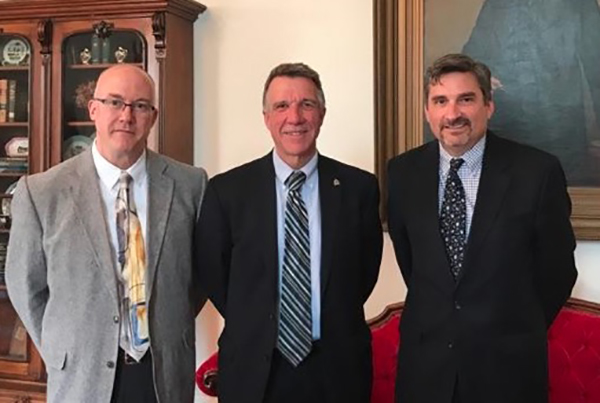
Vermont’s chief regulator, David Provost, Deputy Commissioner of the Captive Insurance Division is chosen as one of the first inductees to the Captive Review Hall of Fame.

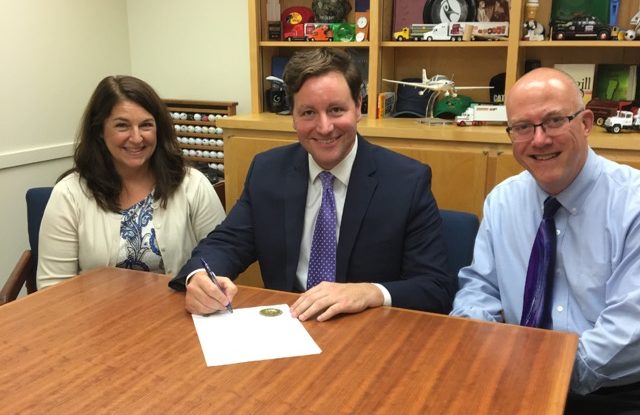
Vermont licenses its 1100th captive insurance company, AssureCap Indemnity, LLC, as a Sponsored Captive Insurance Company.

May 2018—Vermont becomes the first and only state to license Affiliated Reinsurance Companies (ARC), shortly thereafter licensing its first ARC, MAPFRE RE Vermont Corporation, which remains active in Vermont today. MAPFRE RE Vermont Corporation was formed by MAPFRE RE, a global reinsurance company that conducts business in more than 100 countries. ARCs are a viable alternative for companies conducting these types of reinsurance transactions—usually offshore.

July 2018—Vermont passes legislation that creates a new type of business entity, a Blockchain-Based Limited Liability Company, for entrepreneurs and companies who want to prioritize and create custom governance structures tailored to the technology. Read more »
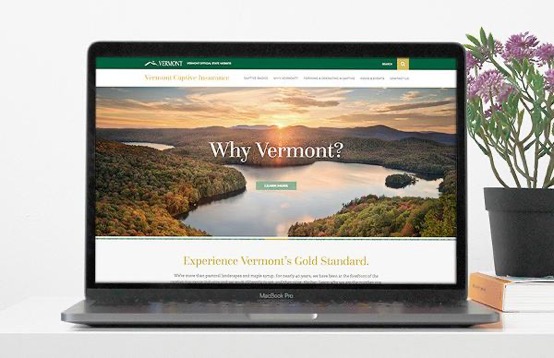
August 2018—Vermont Captive launches a new website to address the more complex needs of the captive industry, providing valuable and useful information in a clean, easy-to-use format.


Sandy Bigglestone, Director of Captive Insurance for the Captive Insurance Division receives the Women to Watch Award for her leadership, expertise, and accomplishments in the captive industry. Presented by Business Insurance, Sandy becomes the first Vermonter and only insurance regulator to have received this prestigious award.
In 2018, Vermont-located captive management and professional services firms—an integral part of Vermont’s captive industry—directly impact Vermont’s economy, resulting in 407 jobs, $37.26 Million in labor income, and $95.5 Million to the state in Gross Domestic Product (GDP).
From 1981–2018 Vermont collected $533.17 Million in state premium tax and fees revenue.

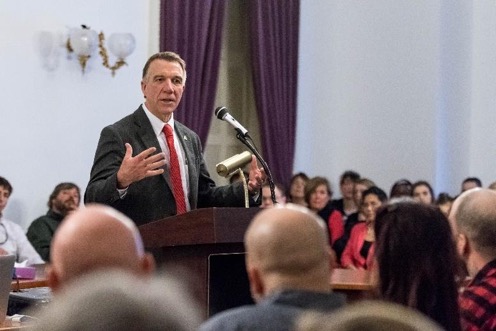
Governor Phil Scott signs bill that provides some of Vermont’s captive insurance companies an additional two weeks to prepare their annual reports and all the companies an additional two weeks to pay their Vermont premium taxes.

January 2019—Secretary of State, Jim Condos, and the Department of Financial Regulation Commissioner, Michael Pieciak, sign an agreement to join forces to explore blockchain technology and the benefits of its deployment in maintaining records in the captive insurance field.
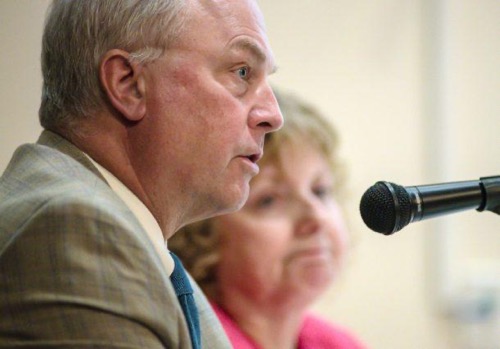
The University of Vermont Health Network’s captive insurance company moves its captive from Bermuda to Vermont, basing its decision on “efficiency and buying local” according to John Brumsted, President and CEO of UVM Health Network. Health care continues to be the industry with the most captives in Vermont

Act 3 lengthens the standard frequency of examinations to 5 years and provides flexibility in investments by giving companies the option to follow the traditional regulations or develop a plan for DFR approval.


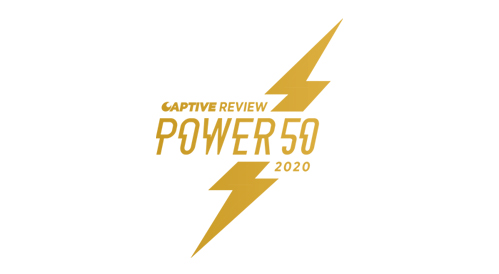
February 2020—Five Vermont-domiciled captive owners are recognized in the Captive Review’s “Power 50” Awards. Collectively, these individuals account for more than half of all captive owners represented on the “Power 50.”

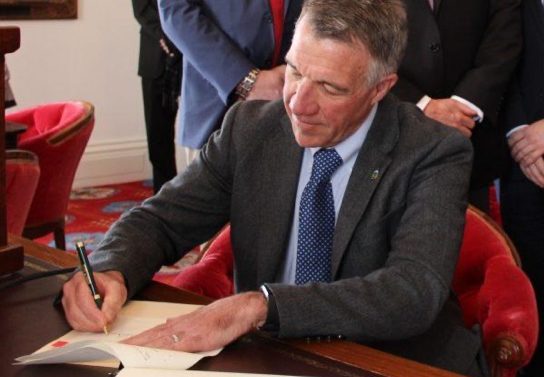
June 26, 2020—Legislation passes reducing the minimum capital for a Sponsored Cell Captive from $250,000 to $100,000, highlighting Vermont’s continuing commitment to adopt annual legislation that addresses the changing needs of the captive industry, even during the COVID-19 pandemic.

Vermont licenses its first Agency Captive, Pegasus Insurance LLC.


August 11–13, 2020—In response to the COVID-19 pandemic, VCIA successfully hosts the first fully virtual conference.
Vermont collaborates with the VCIA to host the first international trade mission, a virtual trade mission with Mexico.

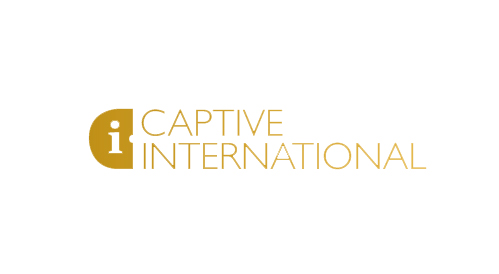
October 5, 2020—Vermont wins Captive International’s first Domicile of the Year Award.

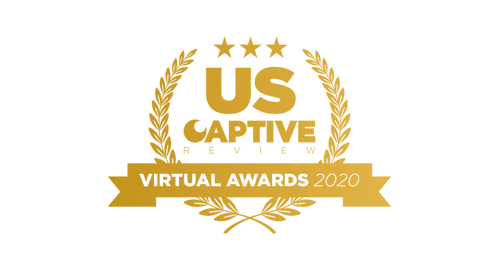 A record 7th year.
A record 7th year.October 7, 2020—Vermont wins U.S. Captive Review’s Domicile of the Year (More than $5 Billion Gross Written Premium) Award for a record 7th year in a row.


November 26, 2020—Vermont was named the International Domicile of the Year by the European Captive Review, showing Vermont’s stature as a global leader in the industry.


Governor Phil Scott announced that Vermont has licensed its 1,200th captive insurance company. The captive was formed by @LCSWMA, a waste management company that takes a unique and comprehensive approach to waste management, minimizing the environmental impact on the communities they serve. Read more

December 31, 2021—Vermont becomes home to 620 active captives, with 45 new captives licensed in 2021 alone.

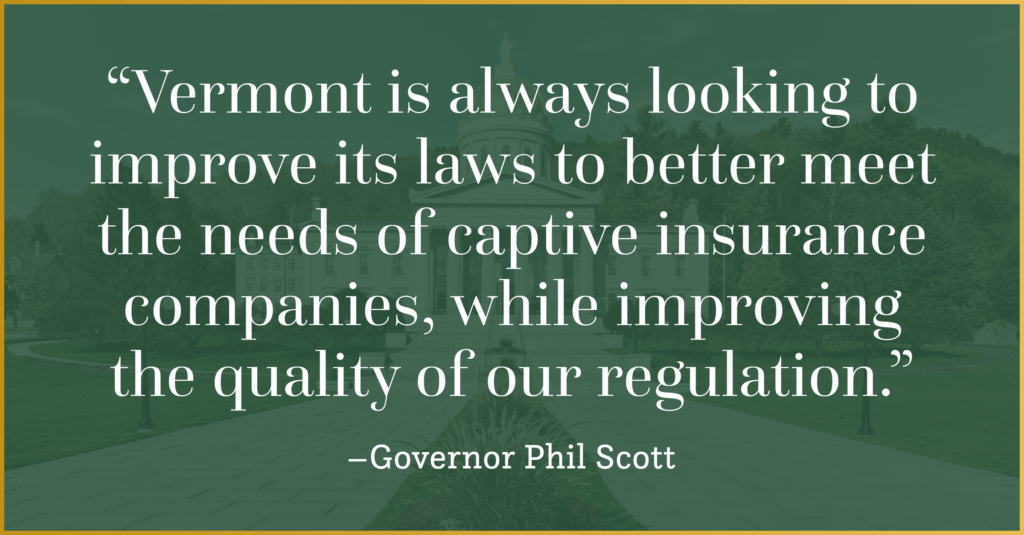
May 27, 2002—The bill proposes several updates to Vermont’s captive insurance law, including the ability for captive insurance companies to enter into parametric risk transfer contracts. Learn more »

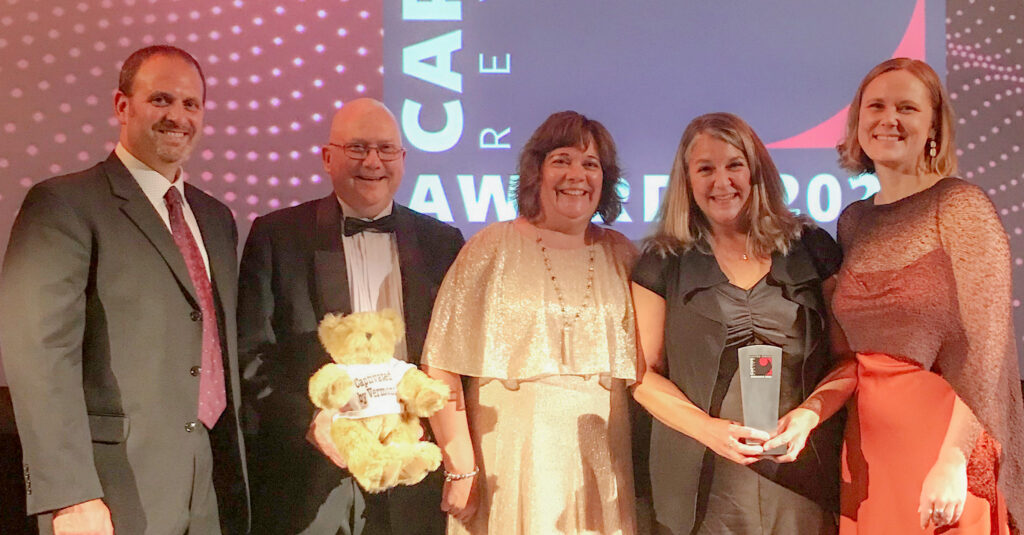
Vermont is named the 2022 U.S. Domicile of the Year by Captive Review. This marks Vermont’s 9th win in the category of U.S. Domicile of the Year with more than $5 billion in GWP.

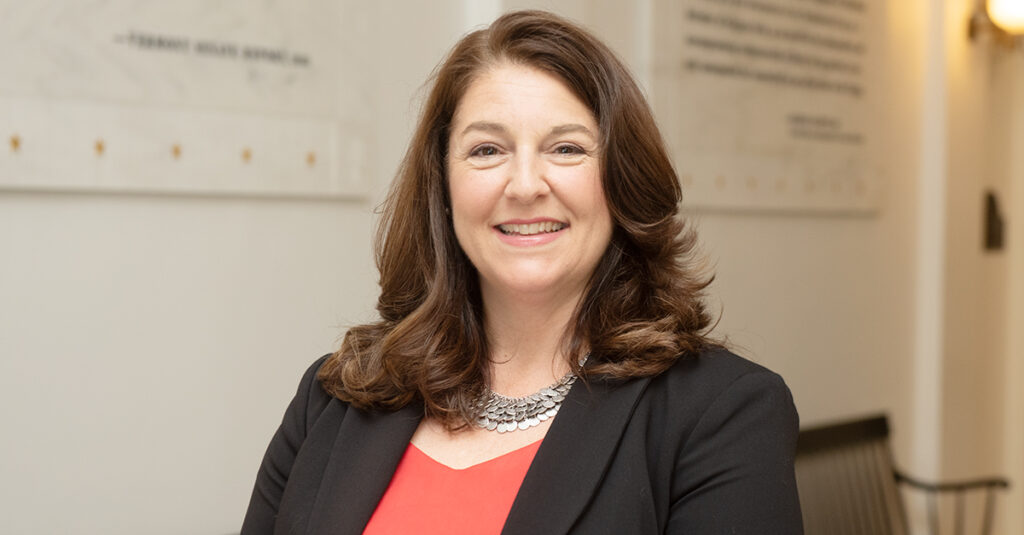
September 1, 2022—Sandy Bigglestone is appointed Deputy Commissioner of the Captive Insurance Division, succeeding Dave Provost’s 14 amazing years in the position. Sandy enters the role with decades of experience, serving as Vermont’s Director of Captive Insurance since 2010. Learn more »


November 8, 2022—Vermont is awarded International Domicile of the Year by Captive Review at the European Captive Forum in Luxembourg. This is Vermont’s first win in the category.
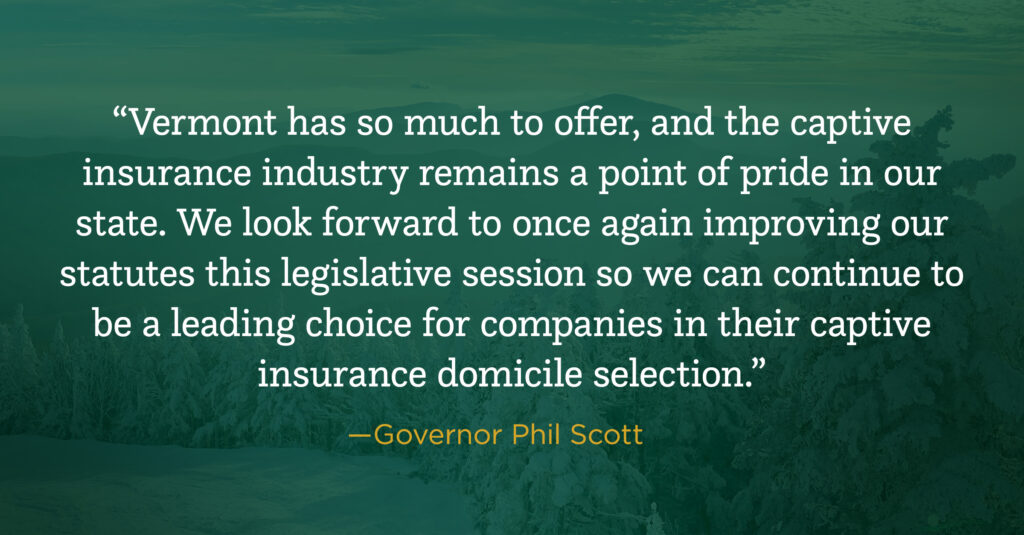
December 31, 2022—Vermont becomes home to 639 licensed captives, with 41 new captives licensed in 2022 alone. Read more »






March 1, 2023—The State of Vermont and VCIA lead the first-ever captive insurance educational forum in Mexico City, highlighting Vermont’s leading captive industry and encouraging companies from Mexico and around the world to take advantage of captive insurance. Learn more »

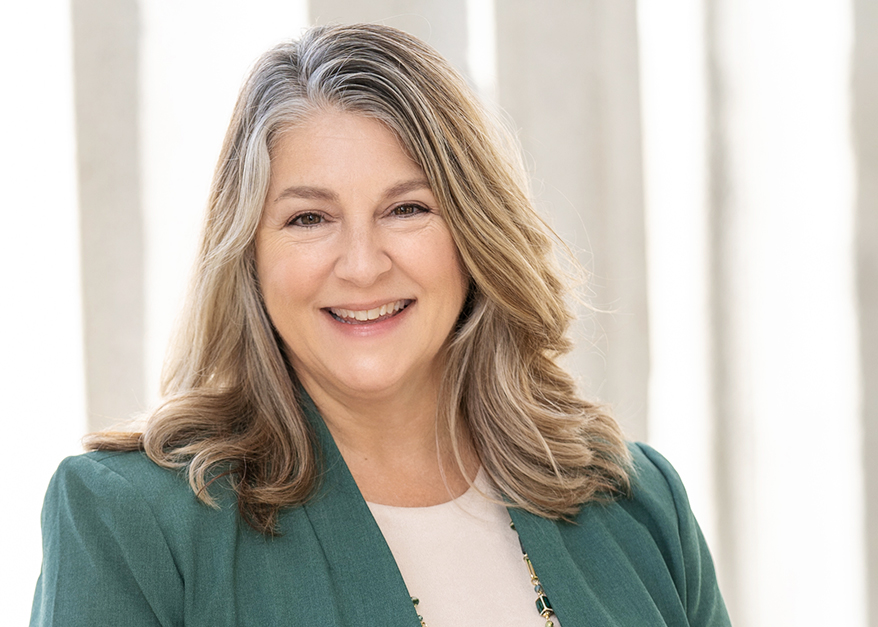
March 3, 2023—Sandy Bigglestone, Vermont’s Deputy Commissioner of Captive Insurance, is recognized as one of the top 3 most influential people in the captive industry by CaptiveReview’s 2023 Power 50 awards.

April 12, 2023—Developing professionals from Vermont’s captive industry, in collaboration with the VCIA, the Vermont Department of Economic Development, and the Vermont Department of Financial Regulation, join together to form a group dedicated to promoting the captive industry to the next generation. Learn more »

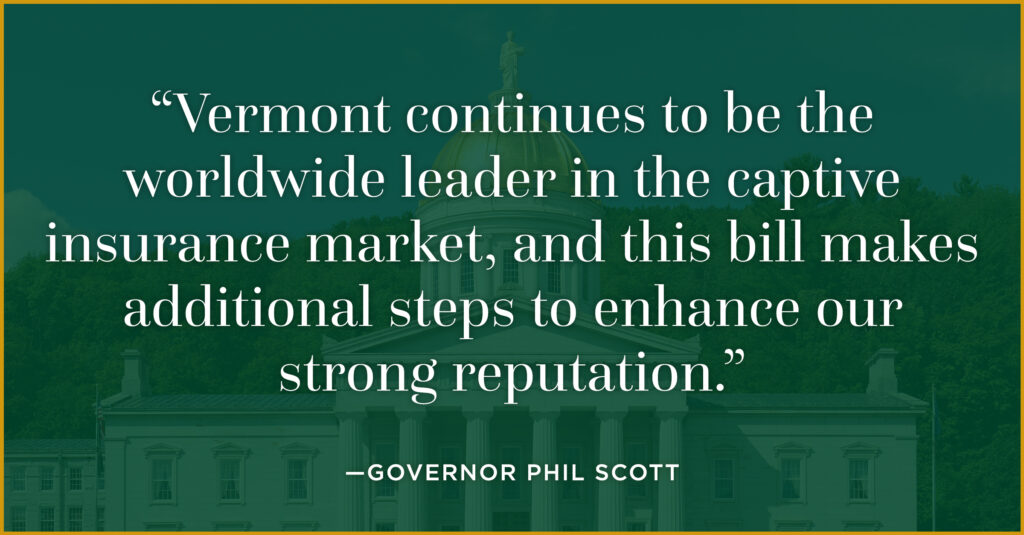
May 8, 2023—Governor Phil Scott signs new legislation into law (Bill H.76) making several updates to Vermont’s statutes, including improving the confidentiality of company information and increasing funding for the Vermont Captive Insurance Division’s operations. Read more »

May 12, 2023—Vermont welcomed its 1,300th captive, TSIB LE, INC—a specialized risk financing company that focuses on risk management across diverse industries, ranging from law and security to civil construction and small business operations.

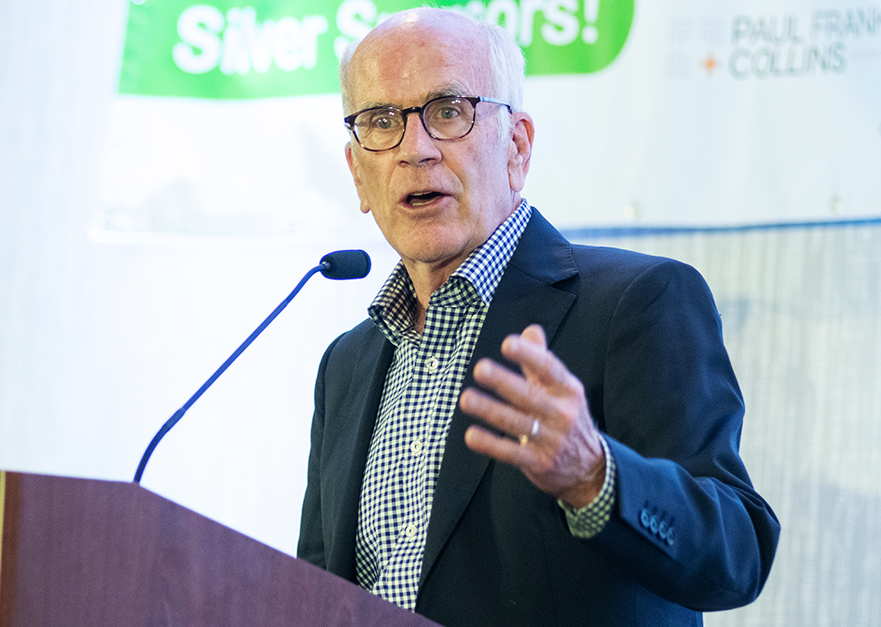
August 10, 2023—Senator Peter Welch speaks at the Vermont Captive Insurance Association Annual Conference and reflects on Vermont’s journey to the top captive insurance domicile in the world.

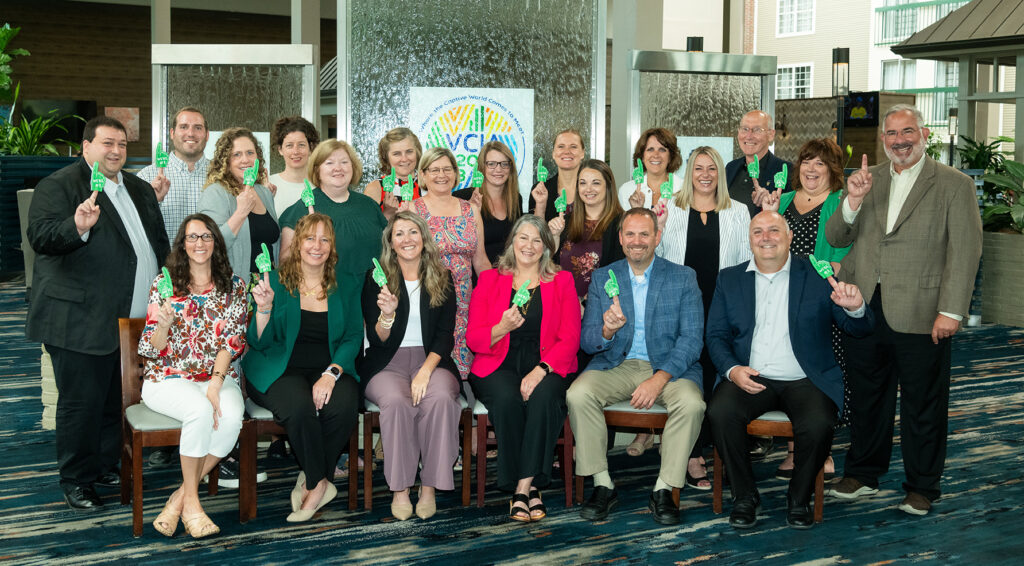
A testament to our state’s commitment to excellence and innovation in the captive insurance industry. Read more »

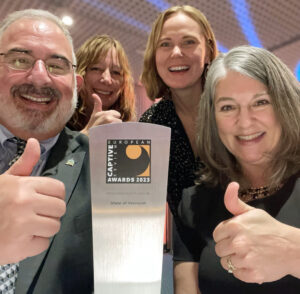

December 31, 2023—Vermont becomes home to 659 licensed captives, with 38 new captives licensed in 2023 alone. Read more »

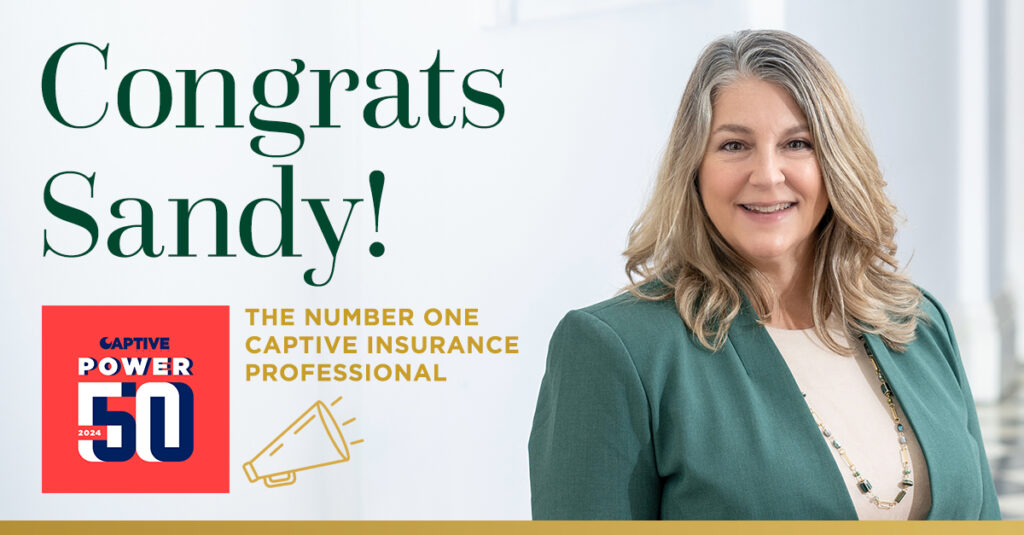
April, 2024—Sandy Bigglestone, Vermont’s Deputy Commissioner of Captive Insurance, is recognized as the most influential person in the captive industry by Captive Review’s 2024 Power 50 awards.

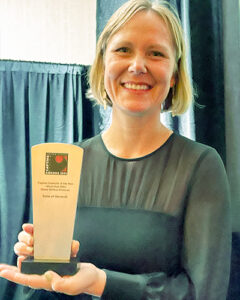
August 12, 2024—Vermont wins 2024 Captive Domicile of the Year at the U.S. Captive Review Awards. This marks Vermont’s 10th win in the category of U.S. Domicile of the Year with more than $5 billion in GWP.

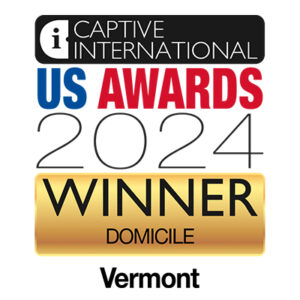
October, 2024—Vermont is named U.S. Domicile of the Year at Captive International’s 2024 U.S. Awards. Sandy Bigglestone of the Vermont Department of Financial Regulation details the year’s developments in the state’s captive insurance market. Read more »

November 09, 2024—Butler University’s student-run insurance company holds its inaugural board meeting in Vermont after redomiciling from Bermuda. During their visit, the Butler team engaged with leaders in the captive insurance industry, gaining valuable insights into Vermont’s renowned regulatory framework. Learn more »

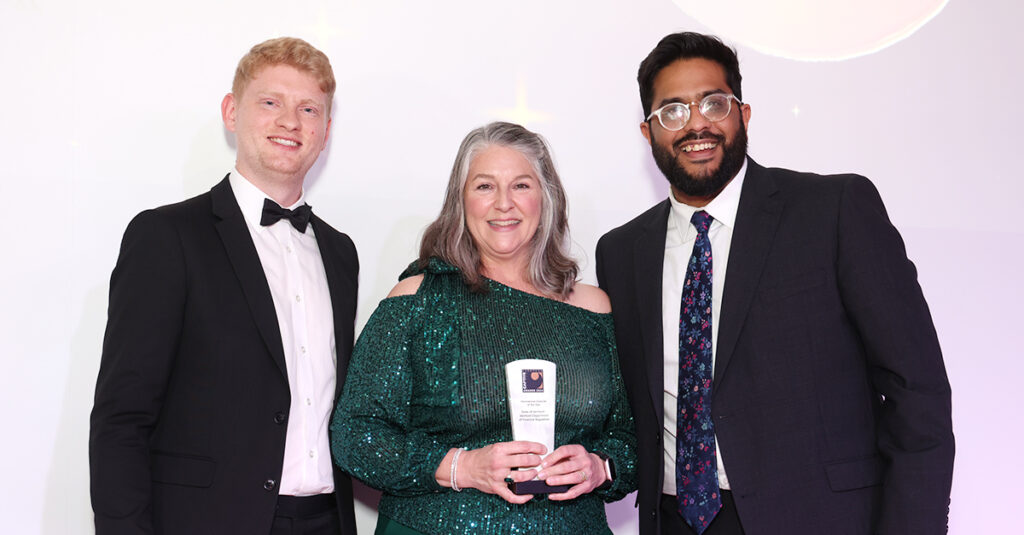
November 20, 2024—The State of Vermont is named International Domicile of the Year at the 2024 European Captive Review Awards, marking Vermont’s 3rd consecutive win in this category. 2024 winners »
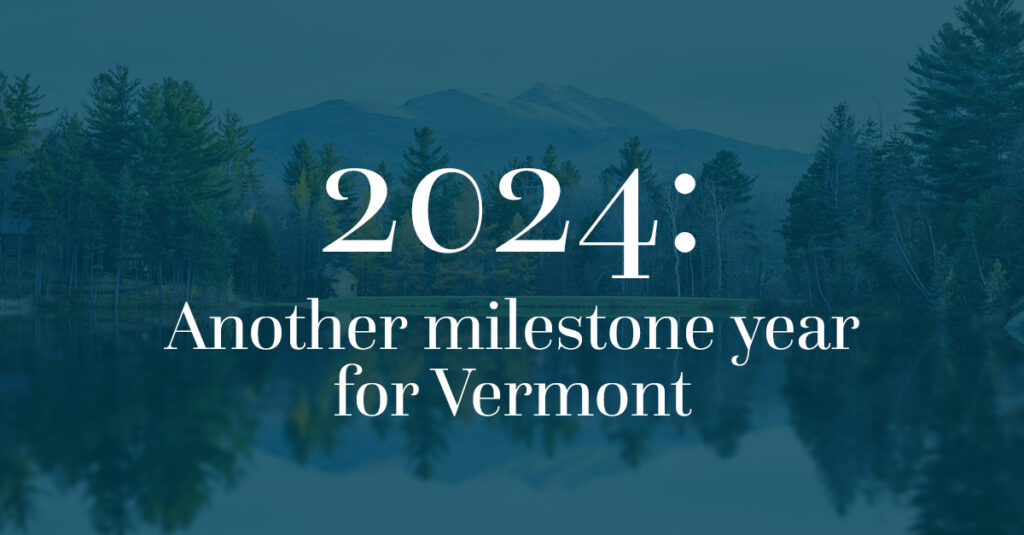
December 31, 2024—2024 marks another milestone for Vermont’s captive industry, ranking among the top ten highest years of growth in state history. Vermont becomes home to 41 new captives in 2024, bringing the total to 683 licensed companies. Read more »
